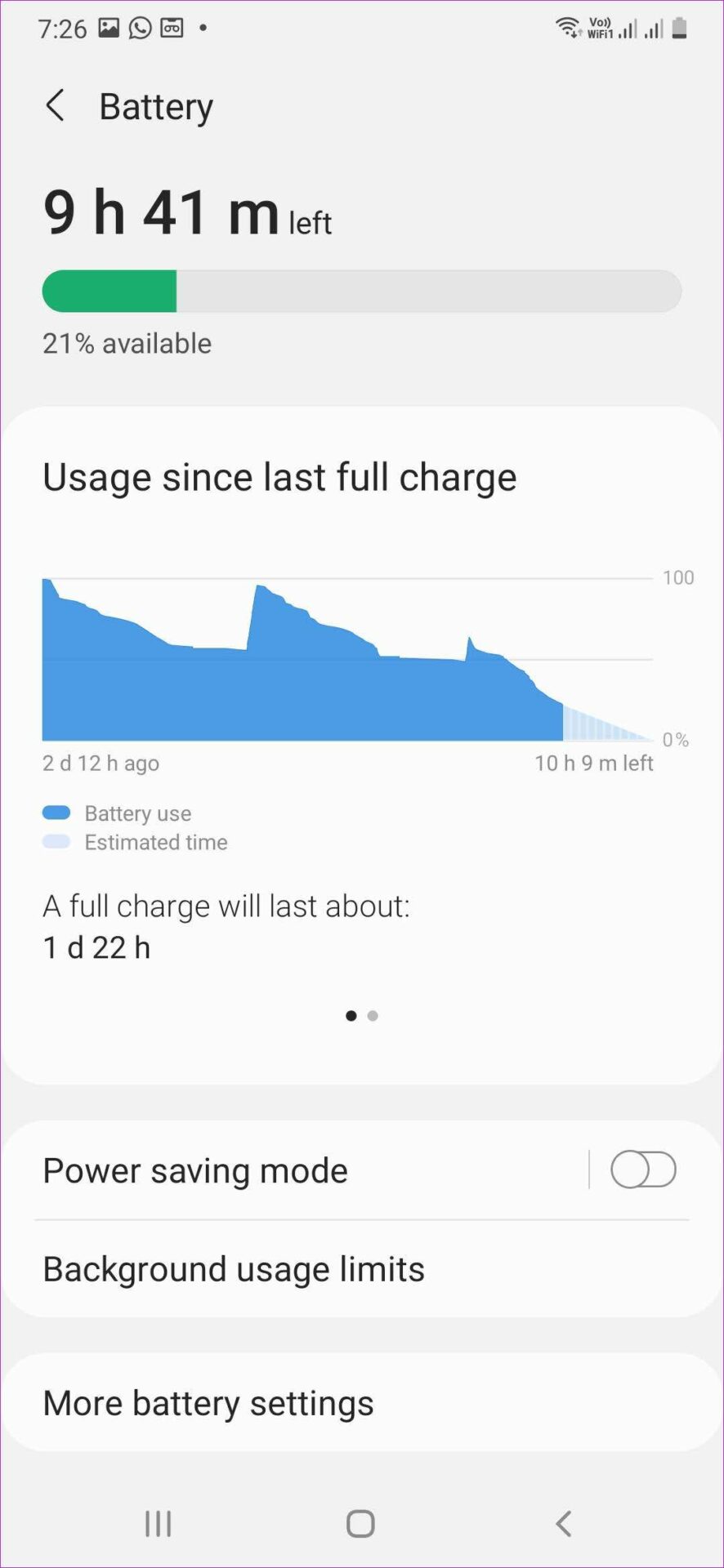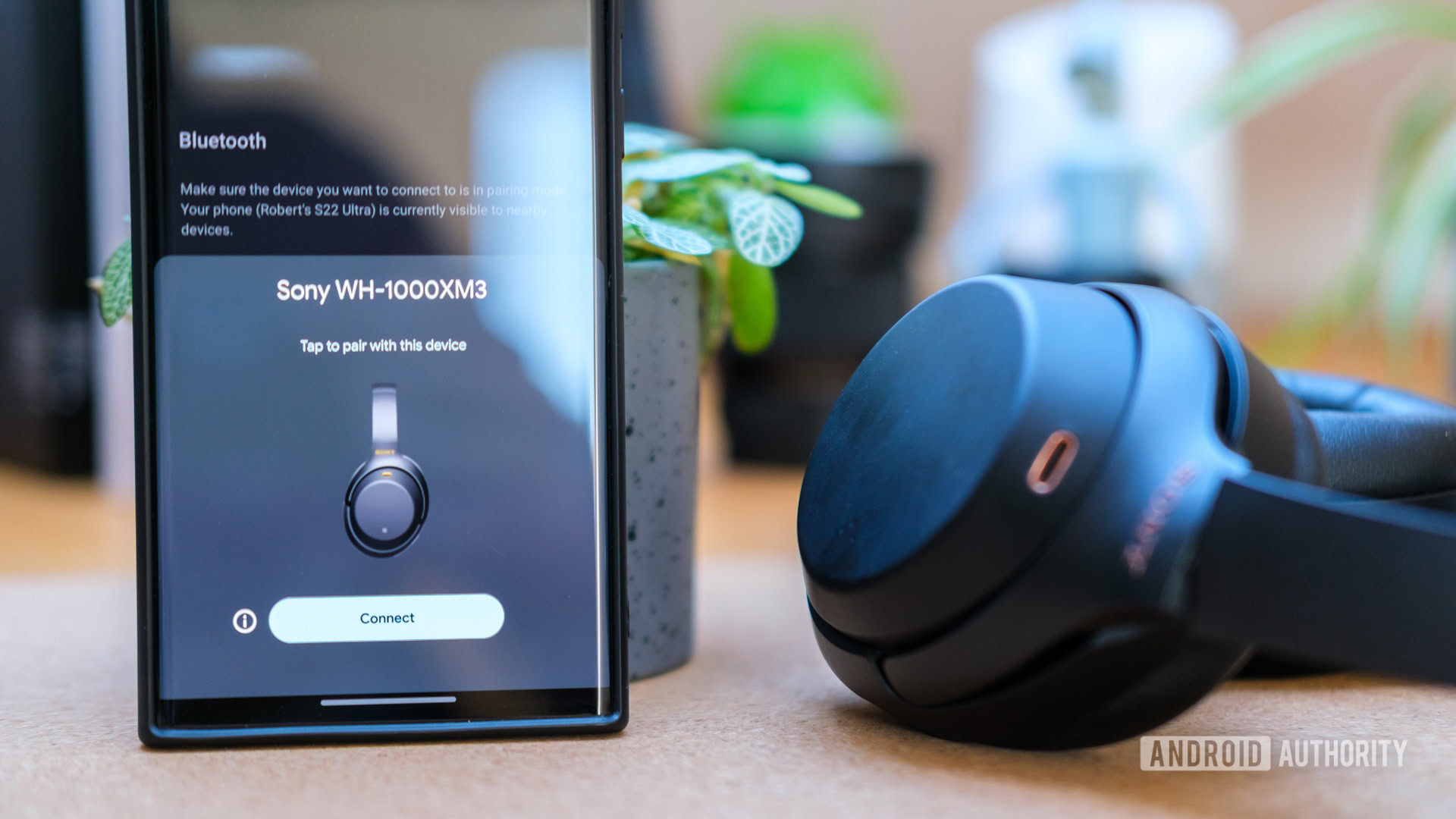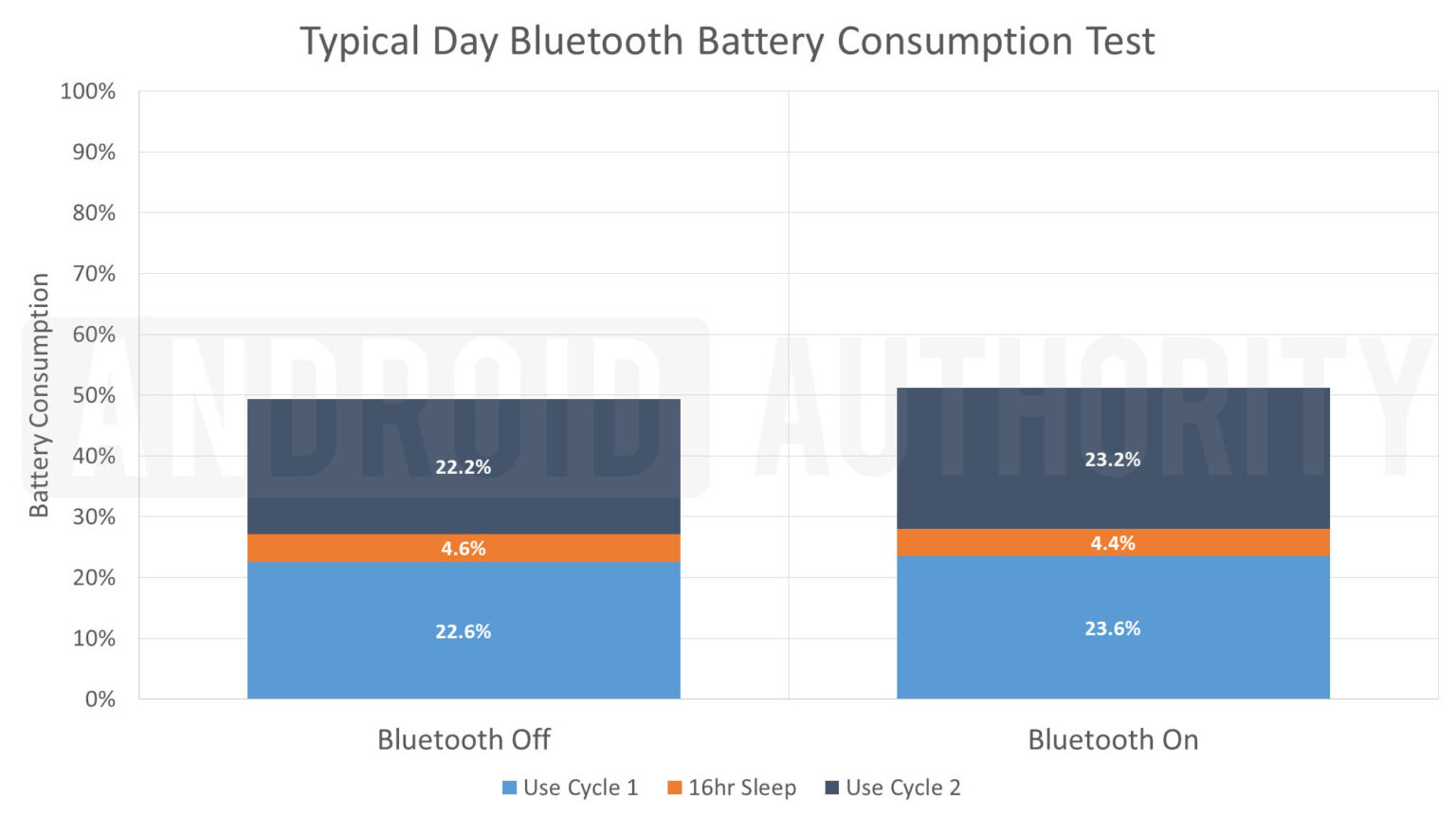Simple Info About Does Bluetooth Drain Battery When Not In Use

Does Bluetooth Drain Battery How To Turn Off
Bluetooth and Your Battery
1. The Bluetooth Battery Mystery
Ever wonder if your phone is secretly guzzling battery juice even when you're not actively using Bluetooth? You're not alone! It's a common concern, especially since we rely on our phones for, well, practically everything. Let's dive into the question: does Bluetooth drain battery when not in use? The short answer is, it's complicated. But don't worry, we'll break it down.
Think of Bluetooth like a little radio constantly listening for potential connections. Even when it's "off," some background processes might still be active, scanning for nearby devices. This scanning, even at a low level, consumes power. It's like a tiny vampire slowly sipping away at your battery life! However, the impact varies depending on several factors, including your device, operating system, and Bluetooth version.
Newer Bluetooth versions, particularly Bluetooth Low Energy (BLE), are designed to minimize battery drain. BLE is commonly used in devices like fitness trackers and smartwatches, where battery life is crucial. These devices can stay connected for extended periods without significantly impacting your phone's battery. So, if you're using a modern device with BLE, the impact of leaving Bluetooth on might be negligible.
But let's be real, sometimes it feels like Bluetooth is the culprit behind a rapidly draining battery. It's easy to blame Bluetooth when you're juggling multiple apps, streaming music, and navigating with GPS all at once! Before you start cursing Bluetooth, consider what else is running in the background. Often, other apps and processes are the real battery hogs.

Is Bluetooth Always Searching? Understanding Connection States
2. Understanding Bluetooth's 'Idle' State
So, what exactly happens when Bluetooth is "on" but not actively connected to anything? This is where understanding Bluetooth's different states becomes important. When Bluetooth is enabled but not paired with a device, it enters a sort of idle or standby mode. It's still scanning periodically, but the frequency and intensity of the scanning are reduced compared to when it's actively transferring data.
Imagine Bluetooth like a security guard at a building. When no one is around, the guard might patrol less frequently, saving energy. However, they are still alert and ready to respond if someone approaches. Similarly, Bluetooth in idle mode conserves power by scanning less frequently, but it's ready to connect instantly when a compatible device comes into range.
The level of battery drain in this idle state depends largely on your device's operating system and how aggressively it manages background processes. Some operating systems are better at optimizing Bluetooth power consumption than others. You might also have apps that are constantly trying to connect to Bluetooth devices in the background, which can increase battery drain even when you're not actively using Bluetooth.
To minimize potential battery drain, it's a good idea to periodically check which apps are using Bluetooth permissions. You might be surprised to find apps that you rarely use are constantly scanning for Bluetooth devices. Revoking these permissions can help reduce battery consumption when Bluetooth is enabled but not actively in use.

Does Bluetooth Drain Hearing Aid Batteries? Redway Power™
Bluetooth Versions and Battery Life
3. The Evolution of Bluetooth Efficiency
Bluetooth technology has evolved significantly over the years, with each new version bringing improvements in speed, range, and, most importantly, power efficiency. The older Bluetooth versions were notorious for their battery-draining tendencies. They weren't exactly designed with low power consumption in mind.
Then came Bluetooth 4.0, which introduced Bluetooth Low Energy (BLE). BLE was a game-changer, specifically designed for devices that need to stay connected for long periods without draining the battery. Think fitness trackers, smartwatches, and medical devices. BLE allows these devices to transmit small amounts of data efficiently, minimizing power consumption.
More recent versions, such as Bluetooth 5.0 and beyond, have further improved upon BLE's efficiency. These newer versions offer faster data transfer rates and longer ranges while still maintaining low power consumption. This means that devices using Bluetooth 5.0 can communicate more quickly and reliably, using even less battery power than older versions.
So, if you're using a modern smartphone or device with the latest Bluetooth technology, you're likely experiencing significantly less battery drain compared to older devices. However, it's still important to be mindful of which apps and processes are using Bluetooth in the background. Even the most efficient Bluetooth version can't compensate for poorly optimized apps that are constantly scanning for devices.

Optimizing Your Bluetooth Usage
4. Mastering Bluetooth Power Management
Okay, so you're concerned about Bluetooth impacting your battery life. What can you do about it? Fortunately, there are several ways to optimize your Bluetooth usage and minimize potential battery drain. The most obvious step is to simply turn Bluetooth off when you're not using it. This prevents any background scanning and eliminates the risk of unnecessary power consumption.
But let's be honest, constantly toggling Bluetooth on and off can be a hassle. A more practical approach is to manage which apps have Bluetooth permissions. Regularly review your app permissions and revoke Bluetooth access from apps that don't need it. You might be surprised to find that some apps are using Bluetooth permissions unnecessarily.
Another useful trick is to limit the number of Bluetooth devices connected to your phone simultaneously. Each connected device consumes power, so disconnecting devices you're not actively using can help conserve battery life. It's like turning off lights in rooms you're not using—a simple way to save energy.
Finally, consider updating your device's operating system to the latest version. Operating system updates often include improvements to Bluetooth power management, so keeping your device up-to-date can help optimize battery life. It's like giving your phone a little tune-up to improve its efficiency.

Does Bluetooth Drain Battery? We Ran Some Smartphone Tests To Find Out
Real-World Battery Impact
5. Testing Bluetooth's True Impact
Let's get practical. What does leaving Bluetooth on actually do to your battery life in real-world scenarios? The answer, as you might expect, depends on a variety of factors. In a typical day, with moderate Bluetooth usage (e.g., connecting to wireless headphones for a couple of hours), the impact on battery life is often minimal—perhaps a few percentage points.
However, in scenarios with heavy Bluetooth usage, such as constantly streaming music to a Bluetooth speaker or using a fitness tracker that continuously syncs data, the battery drain can be more noticeable. In these cases, you might see a reduction in battery life of 10-20%, depending on the device and Bluetooth version.
There have been several tests conducted to measure the actual battery impact of Bluetooth. These tests typically involve comparing battery life with Bluetooth on and off under various usage conditions. The results generally show that Bluetooth Low Energy has a negligible impact on battery life, while older Bluetooth versions and heavy usage scenarios can lead to more significant battery drain.
Ultimately, the best way to determine Bluetooth's impact on your battery is to monitor your own usage. Pay attention to how your battery life changes when you use Bluetooth more or less frequently. You can also use battery monitoring apps to track which processes are consuming the most power. This will give you a clearer picture of whether Bluetooth is a major battery drain for you.
